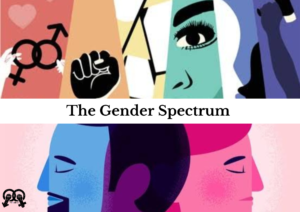The name “Mandonna” ingeniously combines the words “Man” and “Donna,” creating an instant and captivating intrigue for readers, implying a focus on the dynamics between men and women. The “N” here stands for neutrality. Yet, its significance transcends mere amusement, as it also alludes to the Madonna-Whore Complex, a theory advanced by Sigmund Freud.
The Madonna-Whore Complex: A Deep Dichotomy
Navigating the complex journey of human emotions and relationships, there’s this intersection called the Madonna-Whore Complex. Some men, influenced by a cocktail of cultural, historical, and personal experiences, tend to place women in one of two boxes. One box reveres them as the Madonna, pure and virtuous. The other, however, devalues them as the sensual ‘whore’ (Freud, 1905). Beyond just muddying the waters of personal relationships with these pre-labelled notions, this mindset spills over into our larger societal stories, subtly tweaking our collective view of what it means to be a woman.
Sigmund Freud, the psychoanalyst, first introduced us to the intriguing Madonna-Whore Complex. He suggested that a mix of cultural and personal influences might prompt some men to see women in starkly contrasting lights (Freud, 1905). But this perspective wasn’t unique to Freud. Simone de Beauvoir took the conversation further in her groundbreaking work, “The Second Sex.” She traced back through history, pulling apart the cultural stories and societal norms that helped shape this binary view. De Beauvoir showed how society has pigeonholed women into one of these roles, either by design or accident (de Beauvoir, 1949).
The Madonna-Whore Complex isn’t just a curious facet of psychology. It’s an issue rooted deep within the male understanding of female sexuality. This complex suggests that men when faced with it, end up in a perplexing situation: they revere their romantic partners as Madonnas but this reverence pushes their sexual desires toward other women, often those they might not respect as much (Kernberg, 1995). Essentially, how a man interacts and understands women from a young age might shape how he categorizes women in his adult life (Rudnytsky, 1987).
Society doesn’t just reflect the Madonna-Whore dichotomy; it amplifies it, allowing it to thrive beyond personal beliefs. Chodorow points out that cultural norms and societal expectations have, over the years, shaped how we view male and female roles, often limiting our understanding and acceptance of these roles (Chodorow, 1978). Kinsey’s work adds another layer to this discussion, highlighting how society influences men’s views on sexuality. What his team found was that societal norms often overshadow individual preferences, sometimes stifling genuine expression and self-identity (Kinsey et al., 1948).
This becomes particularly challenging in the light of societal conceptions of motherhood. As mothers, society often places women on a Madonna-like pedestal, lauding their nurturing attributes. This shift, while seemingly positive, can create internal conflict for partners. They may struggle, attempting to align their renewed admiration for the maternal figure with persistent sexual attractions and past perceptions of their significant other (de Beauvoir, 1949).
The Madonna-Whore Complex, with its ties to individual mindsets and overarching societal narratives, certainly presents a daunting landscape. Yet, its power isn’t absolute. Armed with self-awareness, knowledge, and a determination to confront ingrained paradigms, individuals and broader societies can chart a course beyond its constraints. Mirroring de Beauvoir’s insightful commentary, truly grasping the nature of these confining links primes us for authentic emancipation. By identifying, addressing, and progressively dismantling these barriers, we open doors to relationships that are genuine, unbound, and resonantly harmonious (de Beauvoir, 1949).

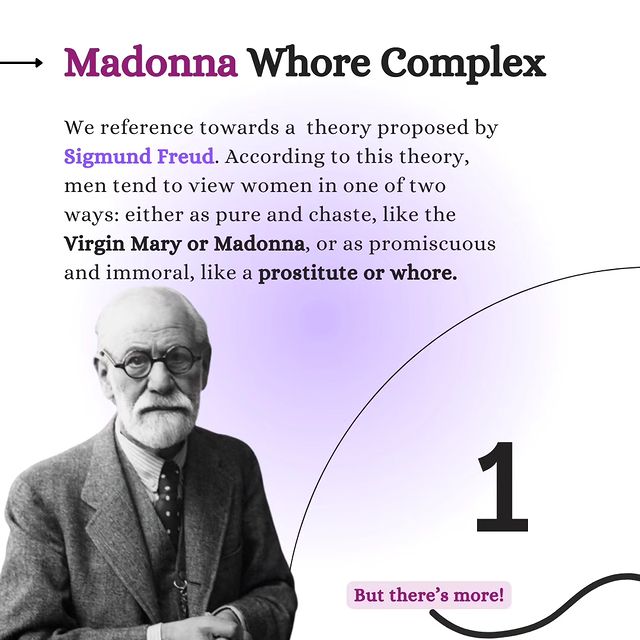
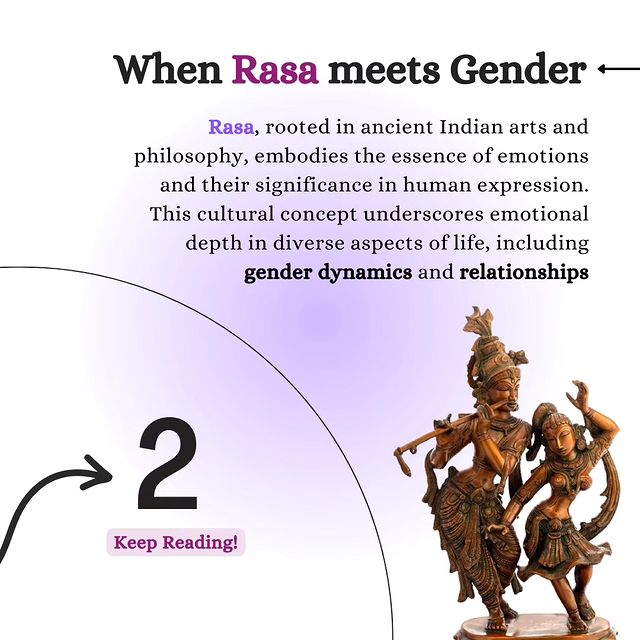
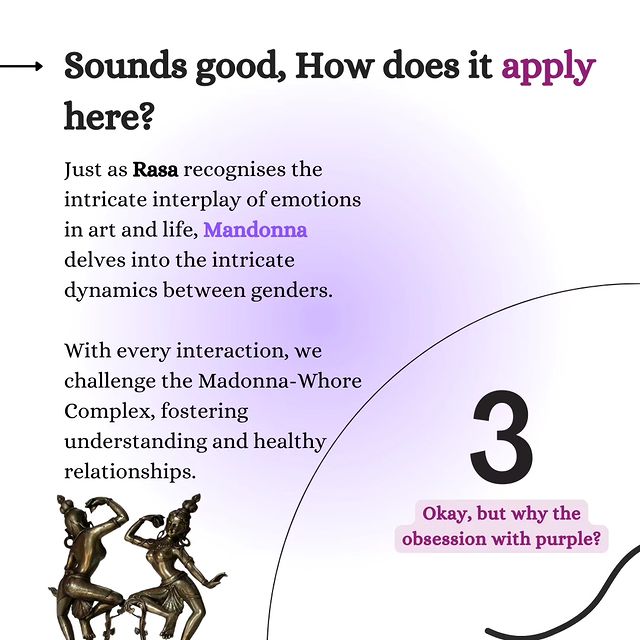
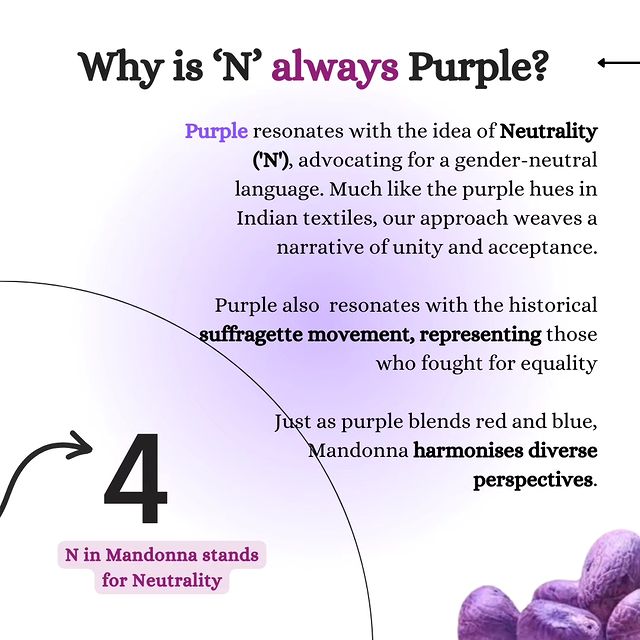
References
-
Freud, Sigmund. “Three Essays on the Theory of Sexuality.” (1905).
-
de Beauvoir, Simone. “The Second Sex.” (1949).
-
Kernberg, O. “Love relations: Normality and pathology.” Yale University Press, 1995.
-
Rudnytsky, Peter L. “Freud and Oedipus.” Columbia University Press, 1987.
-
Chodorow, Nancy. “The Reproduction of Mothering: Psychoanalysis and the Sociology of Gender.” University of California Press, 1978.
-
Kinsey, Alfred C., Wardell B. Pomeroy, and Clyde E. Martin. “Sexual Behavior in the Human Male.” (1948).




